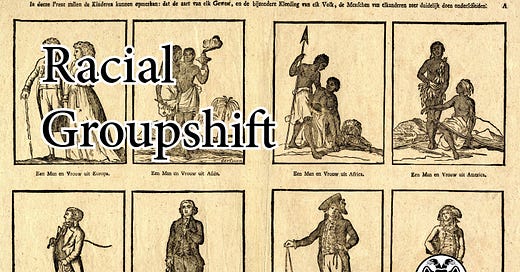NOTE: The audio version of this article will come out in a few days. I’m very much under the weather and nobody wants to hear me narrate anything right now.
I once had a work colleague who was about as stereotypical a Scotsman as it gets. Often I’d have to get him to repeat something because of his thick accent, but one day I discovered that he was actually dialling it back. We were chatting on break when he told me that when he goes back to Scotland or otherwise finds himself in the company of other Scots, his “accent comes back”.
Do you have a phone voice? Most people do. From the time when you pick up the phone to when you realize it’s your friend calling, you might speak a bit differently, a little more politely, a little less abruptly. Then when you recognize the voice on the other end of the line, your mannerisms relax, and you can be yourself—you’re in familiar company. Sometimes being in familiar company can even make your behaviour that much more extreme. You’ll say things around your close friends that you would never say at work. We see this in radical right online spaces where there is a tendency to “purity spiral”.
This is what social psychologists call groupshift—the tendency for group dynamics to exaggerate the initial positions of their members. We saw this in the Floyd riots of 2020. Putting aside the obviously astroturfed nature of these “protests”, there was a clear purity spiralling aspect to them, where what began as something constrained quickly grew into something extreme.
But there’s an ethnic dimension to groupshift that gets overlooked—group dynamics can also amplify natural dispositions. Have you ever noticed that when you get a group of WASP types, or Indians, or blacks into a room, they quickly “revert to type”, i.e. they quickly start acting stereotypically WASP-ish, or Indian, or black? This phenomenon has dire implications for multicultural societies. It has also received basically no scholarly attention, for reasons which should be obvious.




